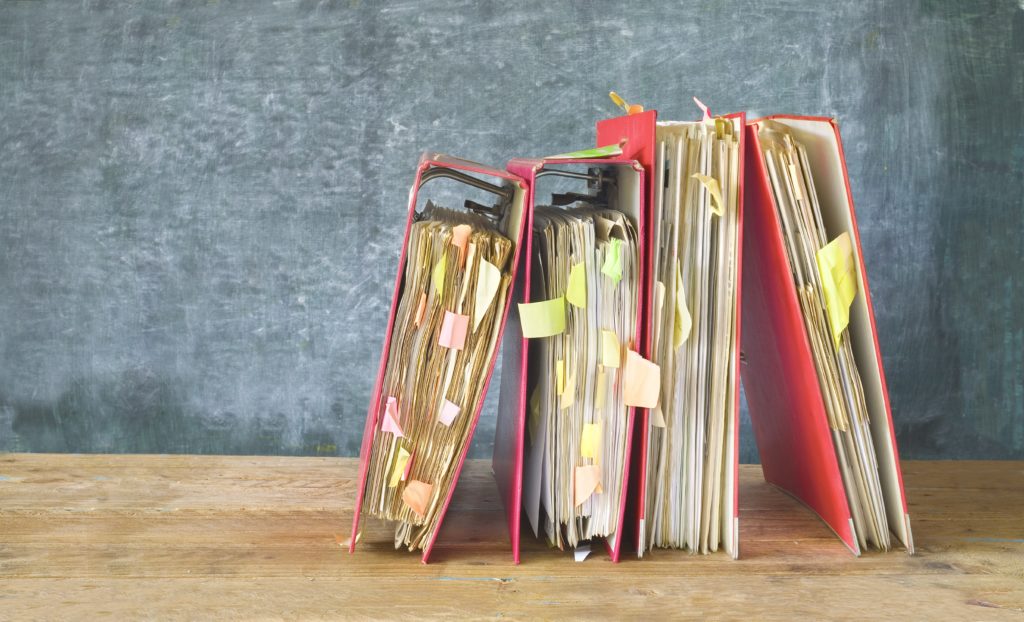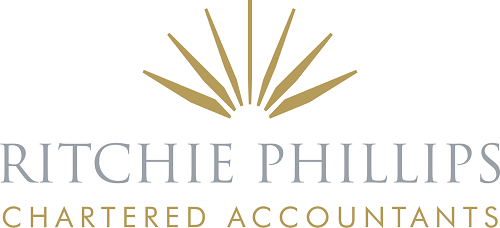As a result of the Autumn Statement
In this final post about the recent Autumn Statement, we take a quick look at how the provisions may affect tax administration.

Self-Assessment tax return compliance
The government announced that individuals who only receive income taxed under PAYE, regardless of amount, will not be required to file a tax return from 2024/25. This will reduce the number of tax returns that HMRC receives annually by 338,000.
Collecting tax debts
HMRC was owed around £45.5 billion in unpaid taxes as of 30 September 2023. The government has announced it will invest to enhance HMRC’s ability to manage tax debts.
The additional money should enable HMRC’s debt management and banking team to expand its capacity to collect debts from individuals and businesses and provide support for those taxpayers who need it. The funds are also intended to help HMRC better distinguish between taxpayers who are temporarily unable to pay, and need support, and those who can pay but choose not to do so.
The government expects HMRC will be better able to target its debt collection work as a result.
HMRC now offers Self-Service Time to Pay (SSTTP) so that many taxpayers who owe self-assessment tax, PAYE or VAT can request an instalment payment arrangement online. Anyone who owes money to HMRC should proactively contact HMRC, either using SSTTP or by telephoning HMRC to arrange to settle debt by instalments. They should do this before HMRC’s debt collection teams or third-party debt collection agencies take the initiative.
Late payment interest on unpaid taxes accrues daily with the current interest rate at 7.75%. Late payment penalties may also be charged.
You can find further insights about the Autumn Statement here: Autumn Statement Summary. In the meantime, if you have any questions concerning any of the issues raised in this post, and how they may affect you, please get in touch.
